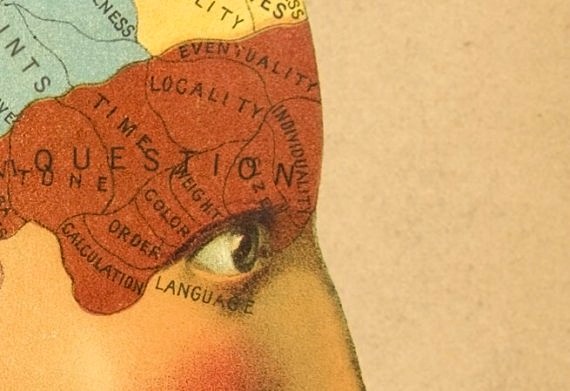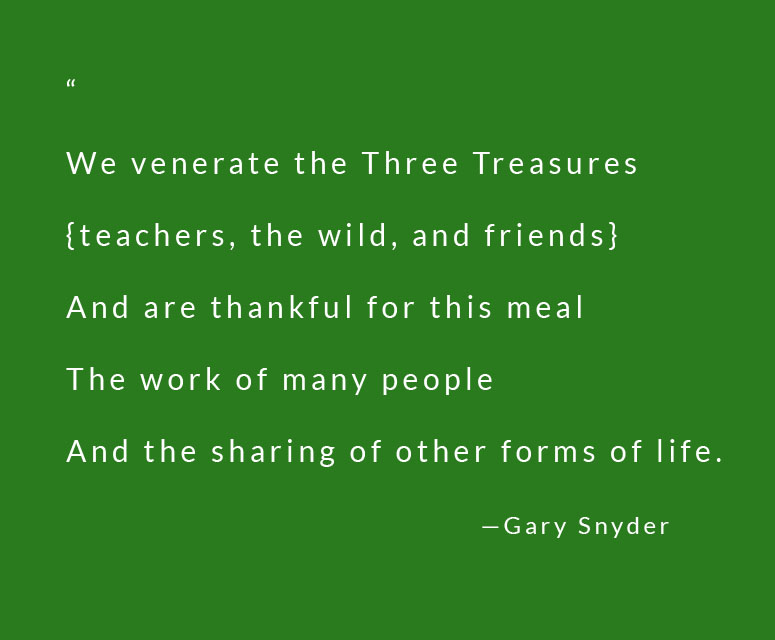There’s been a lot of press lately about journalist Joshua Foer’s book Moonwalking with Einstein: The Art and Science of Remembering Everything. We’re sure that’s because forgetfulness is the curse of our age. Foer thinks it’s NOT because our brains are overloaded, but because we’re not really paying attention. The book outlines methods you can use to help yourself remember things. We found a great summary in The Guardian:
The trick, Foer says, is to adopt a process known as “elaborative encoding”, which involves converting information, such as a shopping list, into a series of “engrossing visual images”. If you want to remember a list of household objects – gherkins, cottage cheese, sugar and other items – then visualise them in an unforgettable manner, he says. Start by creating an image of a large jar of gherkins standing in the garden. Next to it, imagine a giant tub of cottage cheese – the size of an outdoor pool – and then picture Lady Gaga swimming in it. And so on. Each image should be as bizarre and memorable as possible.
In other words, you change boring bits of data into something colourful – and memorable – using your own energetic imagination to make them more meaningful.
Foer’s mentor, Ed Cooke, a world memory championship grandmaster, takes the process a step further:
“Arrange the images that you have thought up on a route through a familiar place, like your garden, and imagine yourself passing through that space. Describe each of your created images when you reach its assigned place on your mental route. This way you can talk for an hour while always knowing exactly where you are.”
We’re going to try it and see.
Here are some more memory techniques developed by Ed Cooke.
Phrenology poster via Etsy.





Since reading about this book (not the book itself yet) I’ve memorized a few poems and the scrabble letter distribution and a lot of names that would be otherwise lost to me. The visualization techniques are ancient – you just have to stop, focus and remember to use them. I’ve discussed this with my grandchildren (9 and 12) who are, of course in the thick of their “need to remember” years. I think they “got it”.